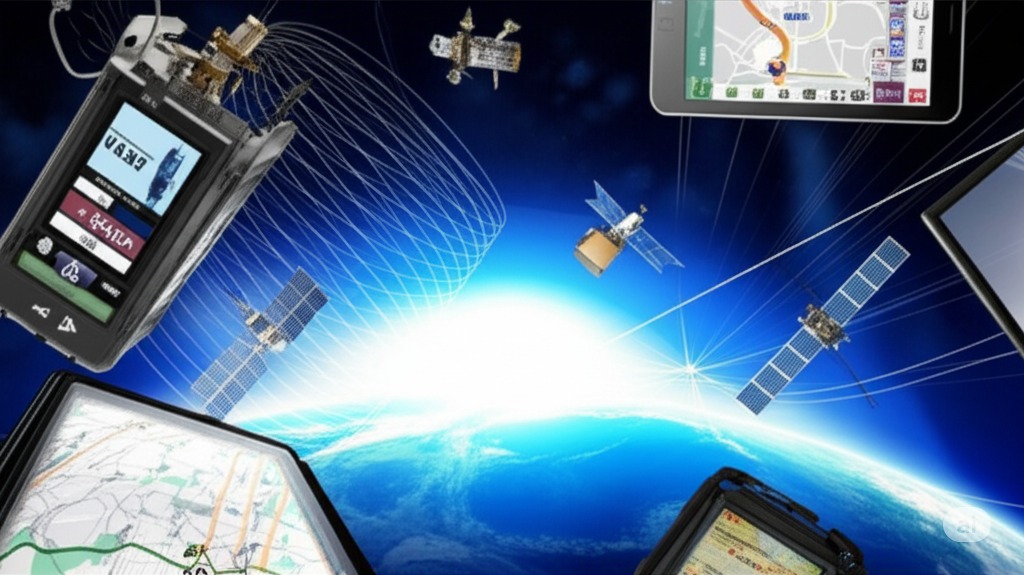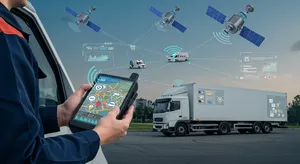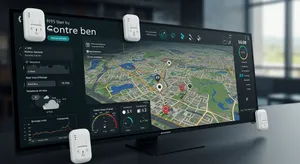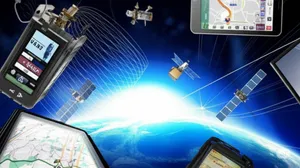Modern GPS Applications
- Fleet management systems tracking commercial vehicles and delivery operations
- Personal navigation devices providing turn-by-turn driving directions
- Smartphone applications offering location-based services and mapping
- Emergency services utilizing GPS for rapid response and location identification
- Agriculture precision farming with GPS-guided tractors and field mapping
- Aviation and maritime navigation ensuring safe and efficient transportation
- Fitness and outdoor recreation tracking for hiking, running, and cycling
- Asset tracking for valuable equipment, containers, and inventory management




